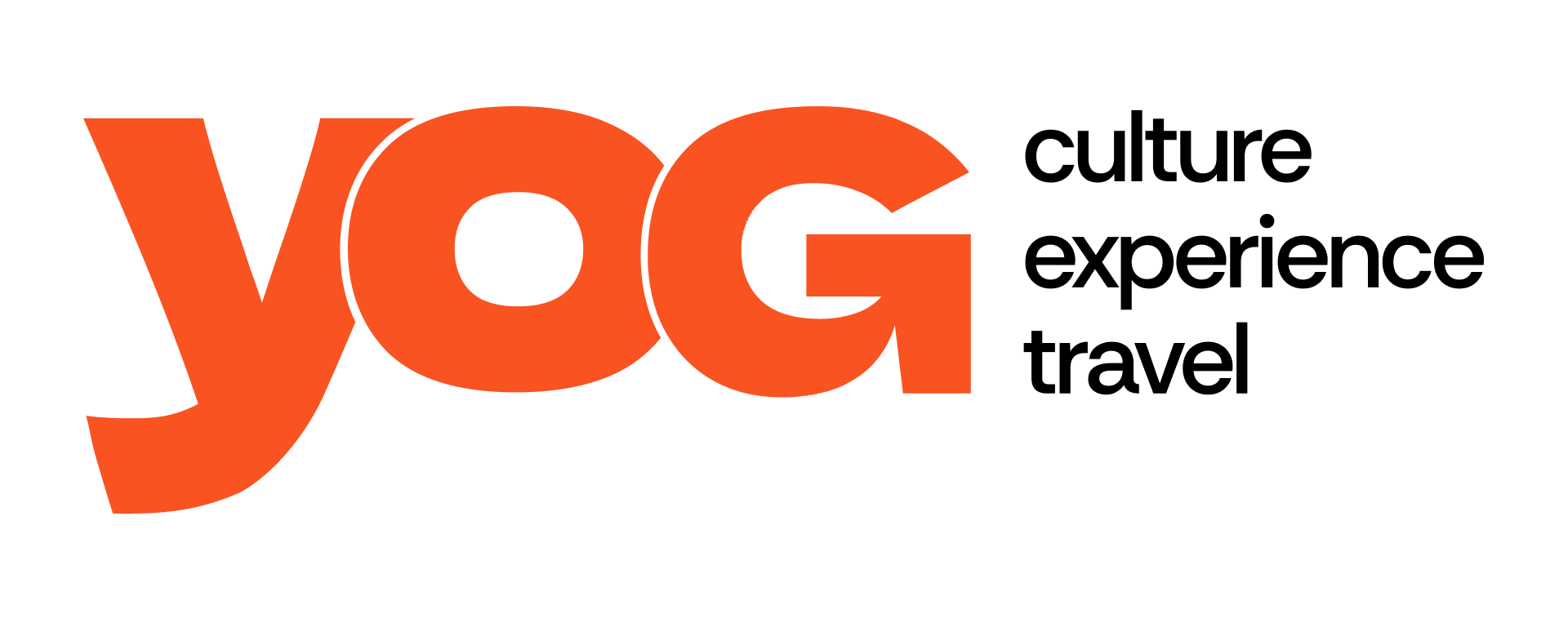Gap year insurance
Do. Not. Travel. Without. It.Most gap years pass by without a hitch but if things do go wrong, travel insurance can help you both practically and financially even though it won’t pay for everything.
Travel insurance is easy to buy but policies can be difficult to understand – so don’t get caught out. The insurance industry would like everybody to read the policy clauses and exceptions they’ve bought or are about to buy, but all to often people don’t bother. If you are only going to read one thing about travel insurance, read this now and act on it – it could save you lots of money and distress.
Medical costs
If you had a medical condition before your trip and did not inform the insurance company, your travel insurance is unlikely to pay for medical treatment or the costs to get you home.
If you want to be insured for the condition, tell the insurance company before you go and they will advise you if they can cover the condition or not.
Policies will often pay for you to cancel your trip or come home early if a close relative becomes ill. If you know of a relative’s condition before the trip you must tell the insurance company before you travel so they may decide if they will cover this or not.
Check carefully to see who the policy calls a ‘close relative’, as policies can differ.
Health insurance may be invalidated if you are drunk or have taken recreational drugs before the incident.
‘Risky’ activities
If you are likely to be engaged in risky pursuits during a placement arranged by a gap year company, they should advise you to check that such activities are included in your insurance policy.
But it may be that you will wish to repeat the experience or try other risky activities while travelling independently either before or after your placement. Most policies do not cover you for doing dangerous things like riding a jet-ski, diving or bungee jumping unless you have told the insurance company before you go and they have agreed to cover you.
The best thing to do is to check your policy before you travel to check that it covers all the activities you hope to experience on your travels. If you are unsure, contact the insurance company and ask.
Gap years should be fun and spontaneous and it may be that you may decide to participate in a dangerous activity that is not on your list. In this case see if you can obtain cover locally – your gap year company may be able to advise you even if you have completed your time with them.
Your possessions
Don’t rely on your insurance. They may not pay your claim if you have not taken enough care in looking after your things. Always act as though you do not have insurance, and look after your possessions.
Check the limits on your policy for individual items and money. If you are planning to take expensive items such as cameras, jewellery and other valuables with you then you should check the amount covered. If you cannot afford to lose an item, leave it at home!
Don’t leave your possessions where you can’t stop someone taking them, and don’t leave items in a locked car where passers-by can see them.
Always keep money and valuable items with you or locked in a safe.
Get proof of your loss
Always keep receipts to help you prove your claim.
If something is stolen or you lose it, always report it to the police. When travelling independently contact your hotel/hostel and carrier as soon as possible and get a document from them to prove that you told them.
Remember the helpline
Every travel insurance policy has a 24-hour assistance helpline. The helpline can provide you with a lot of help and advice, so be sure to call if you need it.
If you have a medical problem abroad, most policies require you to call the helpline to make sure any medical treatment is covered and will be paid.
If you are still on your gap year placement, ask your gap year provider for help. They should have details of your policy and will have experience of helping people with the necessary procedures for making an insurance claim whether it be for health reasons, lost property or adding to your policy.
Copies of Documents
Leave a copy of your passport, your insurance and any other important documents you may need to refer to with your parents, guardian or reliable friend at home. Take a copy and store your documents and photos securely online.
If you are in doubt about whether you should mention anything to your insurer, tell them.If you are not sure what is covered, ask them.
The biggest claims are usually for medical expenses or cancellation of a booking so….
Don’t get caught with a medical problem overseas without the appropriate insurance cover.
Take out insurance at the same time as you book your gap year placement then, if you do have to cancel, you should be covered.

